Rohingya Refugees: Women face risk of abuse, health issues
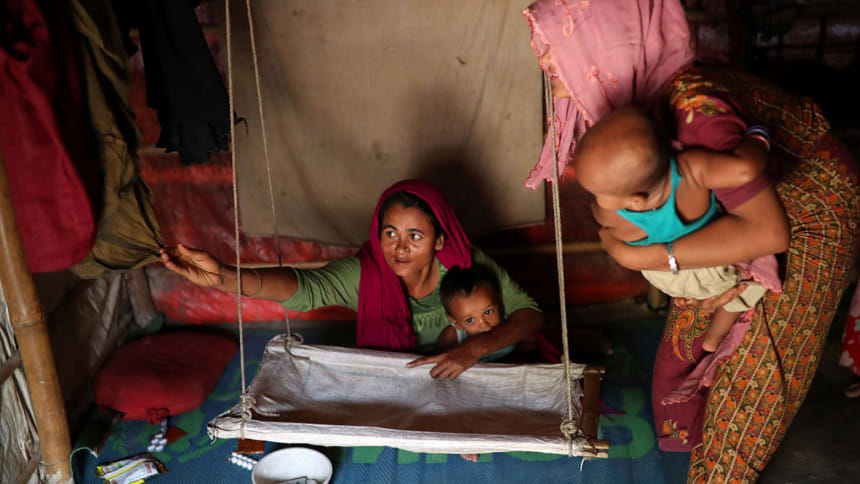
Rohingya women living in Bangladesh are developing health problems, missing out on aid and are at the greater risk of abuse due to unsafe and unsuitable facilities in many parts of the refugee camps, Oxfam has warned.
In a report launched yesterday, the international agency said $72 million was needed to protect the Rohingya refugee women.
It called for 15 percent of any new funding to be set aside for humanitarian programmes designed to better support women and girls, including $72 million of the nearly half a billion dollars recently committed by the World Bank.
Currently, there is no standalone budget for meeting women's specific needs in the overall emergency response.
The report titled "One year On: Time to Put Women and Girls at the Heart of the Rohingya Response" was launched at Raowa Complex in the capital.
Speaking at the programme as chief guest, State Minister for Foreign Affairs Md Shahriar Alam said the Bangladesh government has recognised the special needs of women and children and has provided customised humanitarian support for them.
"A total of 34,338 pregnant women have been identified who are provided with necessary health services. As of now, 3,554 children have been born within those facilities."
The women remain extremely vulnerable due to intergenerational experience of persecution and discrimination, Shahriar said.
It has already been widely documented internationally that Myanmar has used rape as a weapon for creating terror among the Rohingyas and thus fuelling their mass exodus, he added.
More than a third of women surveyed by Oxfam and partner agencies said they didn't feel safe or comfortable going to collect water or using toilets and shower cubicles -- many of which lack a roof and a lockable door.
Half the women and three quarters of adolescent girls said they didn't have what they needed to manage their periods, including a female-only place to wash sanitary cloths without embarrassment.
As a result, women are going hungry and thirsty to avoid needing the toilet as frequently, suffering abdominal pain and infections by not relieving themselves or using unhygienic sanitary cloths, and resorting to defecation by their tents, which increases the risk of a major outbreak of disease -- especially in the monsoon, the international agency said.
Oxfam found that poor facilities were also increasing the risk of sexual abuse and harassment. Hundreds of incidents of gender-based violence were reported each week.
The state minister asked the international partners to intensify their campaign for a permanent solution to the Rohingya problem and ensure safe and sustainable return of the forcibly displaced Myanmar nationals.
Speaking at the event, Australian High Commissioner to Bangladesh Julia Niblett said her country has focused its funding on the needs of women and girls -- not just protection, but also health, food and nutrition, sexual and reproductive health services.
Dorothy Sang, Oxfam's advocacy manager in Cox's Bazar, said the breakneck speed at which the Rohingya refugee crisis unfolded meant that many emergency facilities were installed in a rush and women's specific needs were not considered.
"This needs to be rectified urgently with substantial sums set aside to support and protect Rohingya women, such as lighting to improve safety, toilets and wash rooms that provide privacy, and extra assistance for the most vulnerable," she added.
According to the report, single mothers whose husbands are missing or dead head-up one in six families in the Rohingya camps and they face specific problems in having to take on public roles that challenge cultural and religious assumptions about women's place in society.
Oxfam Country Director Dipankar Datta, Director General of NGO Affairs Bureau KM Abdus Salam, Prof Mesbah Kamal of Dhaka University, Country Representative of UN Women Shoko Ishikawa and Nazmun Nahar of Oxfam's gender justice programme also spoke on the occasion.

 For all latest news, follow The Daily Star's Google News channel.
For all latest news, follow The Daily Star's Google News channel. 


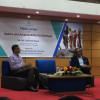
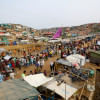
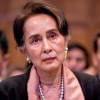
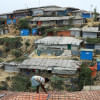
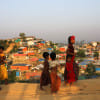


Comments